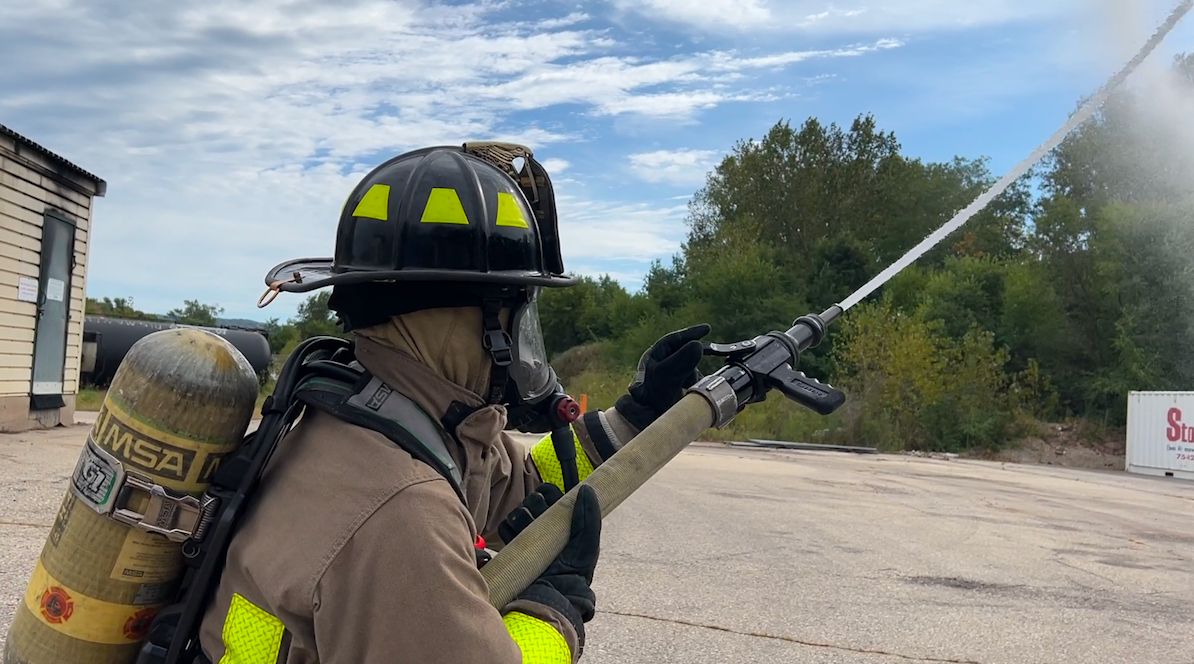LA CROSSE, Wis. — Firefighting is one of the most injury prone careers but a new collaboration is hoping to change that statistic in La Crosse.
The La Crosse Fire Department and Mayo Clinic Health System have launched a unique partnership to help firefighters remain strong while on the job.
Joel Luedke is an athletic trainer and strength and condition coach with Mayo Clinic Health Systems. He’s one of many working alongside the first responders from the La Crosse Fire Department.
“It’s great to be working with highly motivated individuals where we know the benefits of this are going to be felt immediately,” Luedke said.

The program is three years in the making and is now launching. Firefighters will soon have more data about their bodies and how they respond which will help them perform better while saving lives.
“The opportunity is one that is becoming more prevalent and really gives fulfillment to my day-to-day knowing I am helping them which is helping a bigger community beyond that,” Luedke said.
The team is able to collect data on strength, endurance, movement, and air management. For La Crosse Fire Department Captain Cory Westphal, this type of information is invaluable.
“The members are going to feel great they are going to reduce their chance for injury. The community benefits from that the city benefits from that,” Westphal said.
The hope is that this work will be be a preventative measure to help keep chronic aches and pains away from day to day tasks for these first responders.
For the firefighters, being able to have these tools available is going to be helpful in the long run.

“We are able to quantify how hard they are working how far they went what their heart rate zones were,” Luedke said.
This program will allow the group to use data to drive firefighters up the ladder of success.



